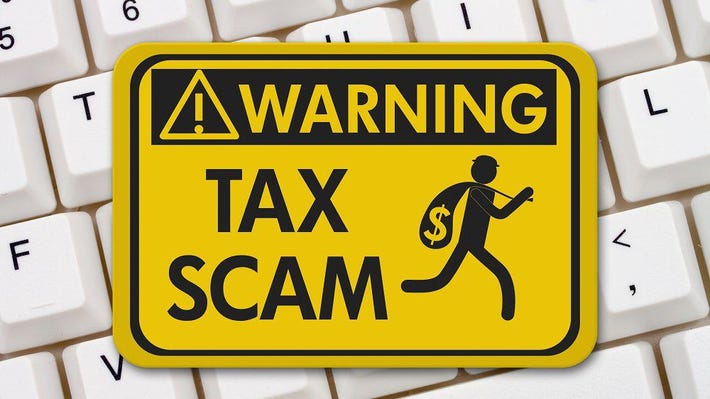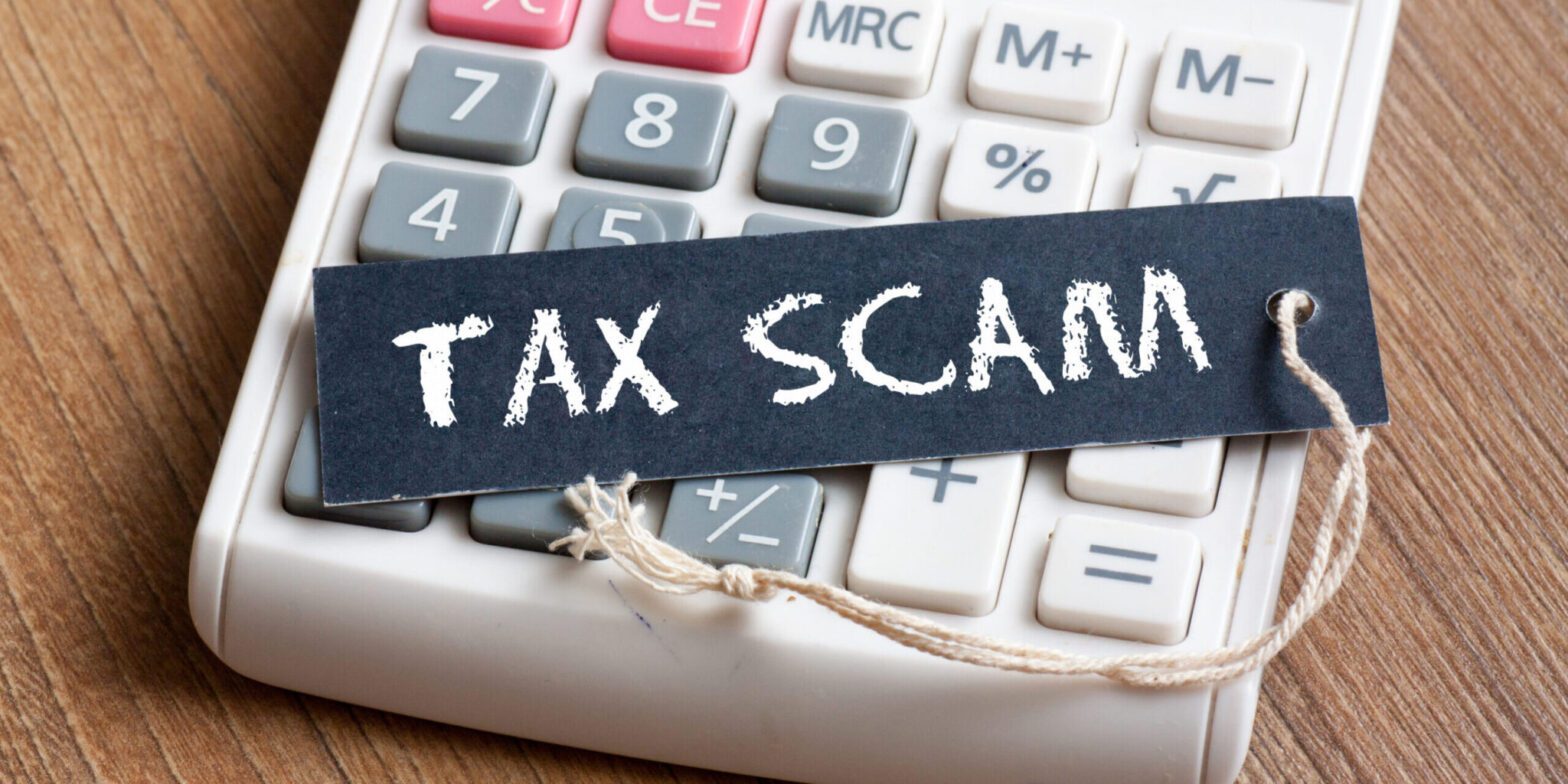Welcome to the topic Avoid These Dangerous Tax Scams.
Tax scams have cost thousands of individuals millions of cash and their personal information. Scam artists set up individuals, businesses, payroll, and tax professionals using ordinary mail, phone, or email.
To collect personal or financial information, the IRS does not approach taxpayers by email, text messages, or social media channels. It is vital to learn to identify the warning signs of a rip-off.
Therefore, we’ll be discussing some dangerous tax scams so that you can be aware of the malicious intent and take precautions to avoid such scams.
Keep Your Documents Protected
It’s critical to keep all of your tax documents, as well as all other crucial financial and personal information, in a secure location. As tax issues occur, the IRS may demand you to submit documents, receipts, or papers dating back several years.
Keep your papers for at least the prior six years as a general rule. Floods and burst pipes are the banes of American tax audits. There have been numerous cases of taxpayers losing all of their critical information as a result of flood damage.
Make sure your tax paperwork isn’t on the ground, near a sump pump, or in any other potentially dangerous position. This vital paperwork should be kept in a safety deposit box, a firebox, or another secure area.

Fraudulent Notices
Scammers frequently send forged notices to taxpayers’ residences. These notices appear to be genuine, and they will almost certainly contain correct information about your possessions, finances, or other personal information.
Some personal information, such as liens, levies, and maybe even the amount owed in taxes, is available to the public. This means that con artists can utilize this information to make their forged documents appear more legitimate.
Be wary of notices that don’t have the official IRS seal on them. The genuine IRS will only ask for money from the US Treasury. The documents may claim to be from the Federal Tax Administration or the Tax Processing Unit.
The essential point to remember is that even if the notice has the correct information, it can still be, and most likely is, fake. For examples of fake notice, see the list below.
The notices will relate to a generic tax department, not the IRS specifically, but may include accurate debt information.
While these forged notices appear to be legitimate, a thorough examination reveals numerous red flags. The notices’ general menacing character, the lack of a government seal, and merely an agent signature.
Am I Being Visited by The Real IRS?
If the IRS comes to visit you, they will always show you a pocket commission and an HSPD-12 card as an official identity. You have the right to see both of these documents and should insist on seeing them before speaking with the person.
If you want to double-check the information, the agent will give you a specific IRS phone number to contact. An agent at your door will never demand that you pay money to him, her or anybody else other than the US Treasury.
Fake Charities
Natural disasters and other crises, such as the COVID-19 pandemic, are frequently exploited by criminals who set up phony charities to gather funds. Unsolicited communication via phone, email, social media or other means is standard in these scams.
Taxpayers should be especially vigilant of charities with names that sound similar to well-known national groups. If their Employer Identification Number (EIN) is requested, a legitimate charity will offer it, which can be used to verify their validity.
If you’re unsure, a fast Google search might help you figure out if a charity is reputable. You can also request that they send you a donation form via mail; if it is a hoax, they will most likely reject it.
Taxpayer Advocacy Panel Scam
Taxpayers are receiving emails that appear to be from the Taxpayer Advocacy Panel (TAP) regarding a potential tax refund, according to reports. These emails are phishing scams designed to deceive people into giving over their personal and financial information.
Please do not comment or click any of the links. Send this scam to IRS Phishing link if you receive it.
The Taxpayer Advisory Panel (TAP) is a volunteer group that advises the IRS on systemic issues that affect taxpayers. It never asks for or has access to private or financial data from taxpayers.
Impersonators
Scammers posing as IRS top agents have begun phoning taxpayers more frequently. They aim to get you to pay right away and use urgency as their main weapon to instill anxiety and throw you off guard.
The Internal Revenue Service will never threaten a taxpayer or issue an unexpected demand for immediate payment.
Throughout any given year, scam phone calls are reported, such as those warning arrests, deportation, or license revocation if the victim does not pay a false tax bill.
These calls are frequently in the form of a robocall, which is a recorded text-to-speech message with directions on how to return the call.
Fraudulent Tax Preparers
To avoid fraud, it’s critical to use knowledgeable and professional tax return preparation. Tax preparers have access to private and confidential information, putting them in a position to defraud you for money.
The vast majority of tax preparers are trustworthy, competent, and well knowledgeable in their field. However, we must be on the lookout for those who wish to harm us.
Ghost preparers should be avoided by taxpayers because they expose their clients to potentially major filing errors, tax fraud, and the risk of losing their refunds.
With many tax professionals impacted by COVID-19 and their offices likely closing, taxpayers should choose a reputable tax preparer with caution.
The tax returns prepared by ghost preparers are not signed. They may print the tax return and instruct the taxpayer to sign and mail it to the Internal Revenue Service. The ghost preparer will draft e-filed returns but will not digitally sign as the paid preparer.
Anyone compensated for preparing or assisting in the preparation of federal tax returns is required by law to get a Preparer Tax Identification Number (PTIN). Paid preparers should sign their returns and provide their PTIN.
Have any questions regarding the topic Avoid These Dangerous Tax Scams? Feel Free to comment below.
Also Read: Too Busy for Your Taxes? Let Our Tax Experts Do It for You!




